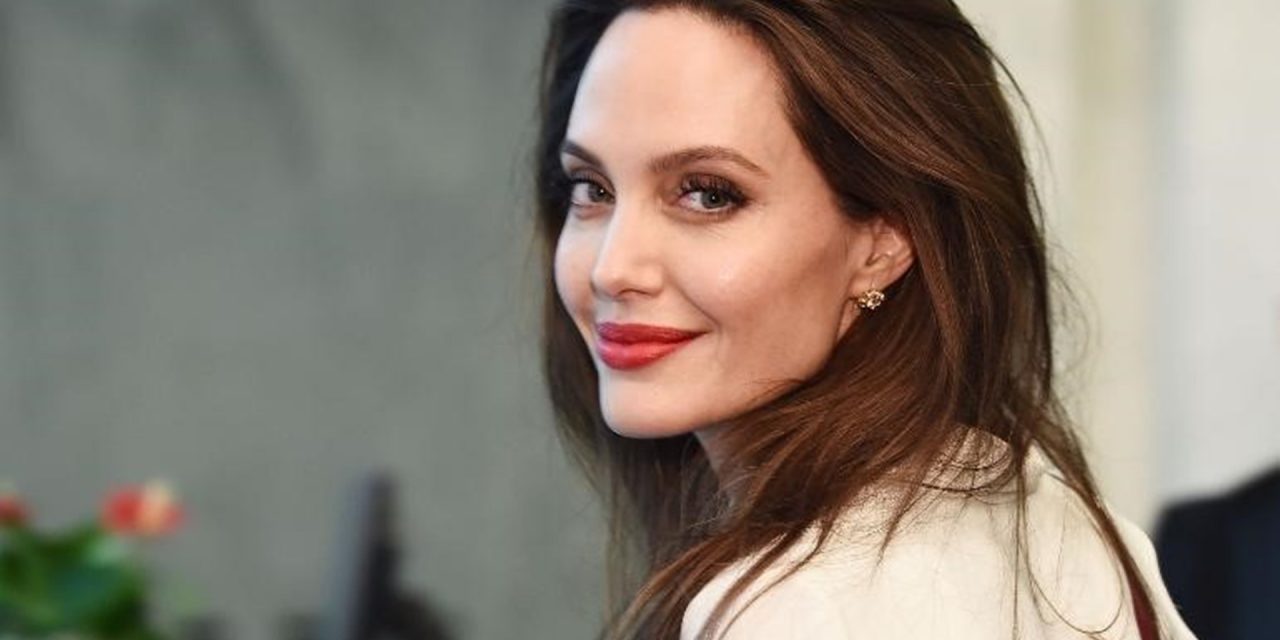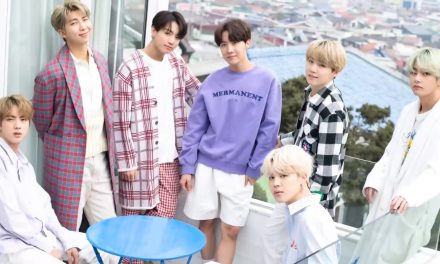Often known as the Hollywood’s golden couple; Angelina Jolie and Brad Pitt has been together for 10 years before tying the knot in 2014. They are so famous loved that they have a portmanteau moniker, Brangelina. Both actors are Oscar winners, among the highest paid stars in the film industries, and just downright beautiful (Pitt was voted the sexiest man alive twice by People magazine, while Jolie was named sexiest woman alive by Esquire magazine in 2004). However, after a short marital bliss, Jolie filed for divorce from Pitt in 2016. It was finalised in 2019.
Even though they are divorced, they are still in custody battle, after Jolie alleged domestic violence against Pitt. The FBI cleared him of any wrongdoings and re not pressing charges against him in 2016 following an incident a few months prior on their private plane in which it was alleged that a drunk Pitt was abusive with his son, Maddox, who was 15 then. Jolie filed for divorce five days after the incident, citing irreconcilable differences.
In an exclusive interview with The Guardian, Jolie opened up about why her divorce from Pitt is a human right issue. Jolie has been campaigning for human rights for 20 years. First as a goodwill ambassador and then special envoy for the UN high commissioner for refugees. She has carried out more than 60 field missions, invariably with notepad and pen in hand, bearing witness to people displaced by war and persecution in countries such as Syria, Sierra Leone, Iraq and Afghanistan. She has also written a book with child rights lawyer Geraldine Van Bueren QC and Amnesty International, called Know Your Rights. Th book serves as a guide for young people named after the Clash song, whose title Jolie had tattooed on her back.
When asked about why she has written the book, Jolie said, “I’ve met too many children who live with the effect of their rights being violated – displaced people, young rape victims. I couldn’t understand why they were still fighting for basic things that were their rights to begin with. It made me very angry. How are we going to solve anything if we’re not addressing that, right?”
According to the interviewer, Simon Hattenstone, her explanation is fluent, authoritative, and not ‘surprising’. Yet what followed took Hattenstone by surprise. This is the excerpts from the article.
“Then I had an experience in the States with my own children and I thought… well, human rights, children’s rights.” Suddenly the fluency is gone. Her language becomes disjointed and elliptical. “I remembered the rights of the child, and I took them out and looked at them and thought: well, these are for when you’re in a situation and you want to make sure there is support for the children in your life.”
She apologises, and says she can’t be more direct. “Then I found out the US hadn’t ratified the rights of the child. One of the ways it affects children is their voice in court – a child in Europe would have a better chance of having a voice in court than a child in California. That said a lot to me about this country.”
What happened that made her fear for her children’s rights. “I… I’m still in my own legal situation,” she stammers. “I can’t speak about that.” Look, I say, there has been so much nonsense written about you over the years, it’s impossible to distinguish between truth and fiction – you have to help me understand what you are alluding to. Are you talking about your divorce from Brad Pitt and the allegations you have made against him of domestic abuse? She tells me she is sworn to silence. Well, nod if you’re talking about the divorce and allegations. She nods. And did she fear for the safety of her children? This time she answers. “Yes, for my family. My whole family.”
It would be amazing, I say, to spend your life on the world stage, highlighting the abuse of children’s rights, and then discover that these same rights may have been compromised so close to home. “Often you cannot recognise something in a personal way, especially if your focus is on the greatest global injustices, because everything else seems smaller. It’s so hard. I’d like to be able to have this discussion and it’s so important…” She makes a couple of efforts to complete her sentence, gives up and starts again. And now the fluency returns. “I’m not the kind of person who makes decisions like the decisions I had to make lightly. It took a lot for me to be in a position where I felt I had to separate from the father of my children.”
Although reports about the court proceedings were often about Jolie fighting sole custody of her children, that is not the case. In fact, they were about how a healthy joint custody relationship could be achieved. For most of the past five years Jolie has had custody, while Pitt has had visitation rights.










